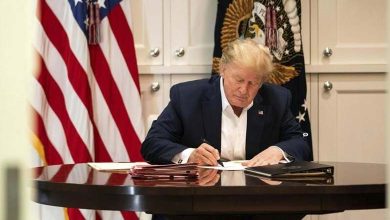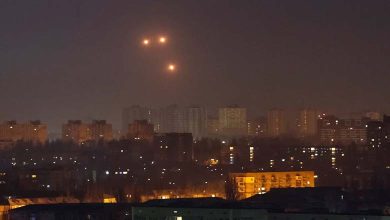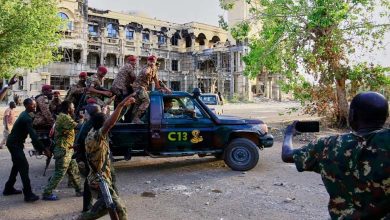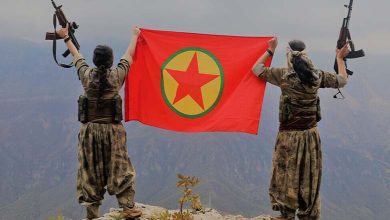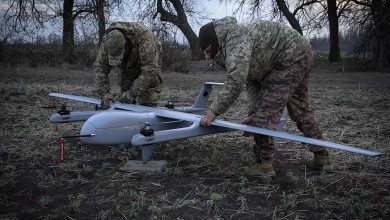The increase of tensions on the Sudan-Ethiopia contested border
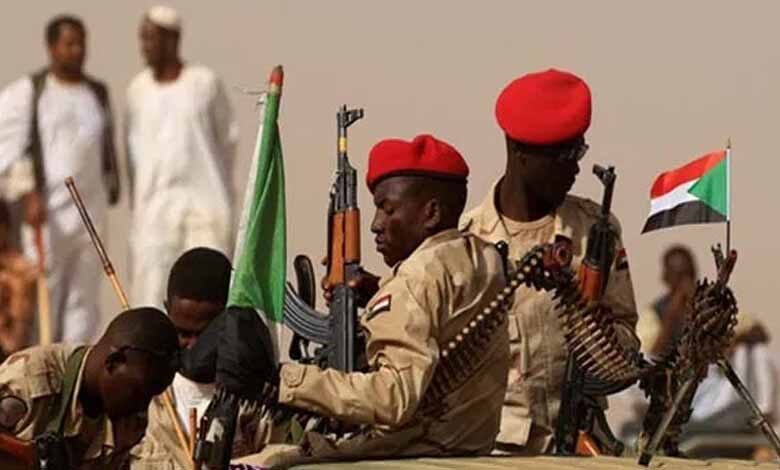
On Tuesday, Ethiopia alerted Sudan that it has not more patience with its neighbors’ continued military build-up in a contested border area, although it seeks to stop tensions with diplomacy.
It should indicate that the decades-old conflict about A-Fashqa, it’s a land situated on Sudan’s international boundaries that has long been established by Ethiopian farmers. During the last year, and for weeks, confrontations occurred between forces from the two sides.
Ethiopian foreign ministry spokesman Dina Mufti informed reporters that the Sudanese side seems to be pushing in so as to inflame the situation on the ground, asking: Is Ethiopia going to start a war? Well, we are saying let’s work on diplomacy. He said in a briefing in Addis Ababa: How long will Ethiopia continue to resolve the issue using diplomacy? Well, there is nothing that has no limit. Everything has a limit.
On his part, Sudan’s information minister and government spokesman Faisal Mohamed Saleh stated that the country did not want war with Ethiopia but its forces would respond to any aggression. He also informed Reuters: We fear that these comments contain a hostile position towards Sudan. We ask of Ethiopia to stop attacking Sudanese territory and Sudanese farmers.
Thereafter, Sudan’s foreign ministry denounced what it named an assault by Ethiopian gangs in al-Fashqa on Monday, five km (three miles) from the border. It also said that five women and a child were murdered, and two other women who had been harvesting were lost.
Moreover, on Dec. 31, Sudan declared that it controlled all Sudanese territory in the area. In contrast, Ethiopia stated that Sudan benefited from the Tigray dispute’s distracting forces to occupy Ethiopian land and took properties.
Otherwise, the United Nations related in a report last week on Tigray’s humanitarian situation that there were reports of a military assembly on the two sides of the border around the area. In fact, the border tensions came when Ethiopia, Sudan and Egypt are also seeking to resolve a three-way row about Ethiopia’s Grand Ethiopian Renaissance Dam.
However, Ethiopia considers that the dam as a key to its plans to become Africa’s largest power exporter. Whereas, Egypt that acquires more than 90% is scared about the fresh water from the Nile, fears the dam across the Blue Nile could destroy its economy.
On Sunday Egypt, Ethiopia and Sudan stated that they were in a new impasse in the conflict. Egypt and Ethiopia separately blamed Sudanese objections to the framework for the discussions, and Ethiopia’s Dina criticized on Tuesday Egypt and Sudan for postponing the negotiations. Are the two speaking the same language? More or less. The two are speaking the same language when it comes to stalling it.



